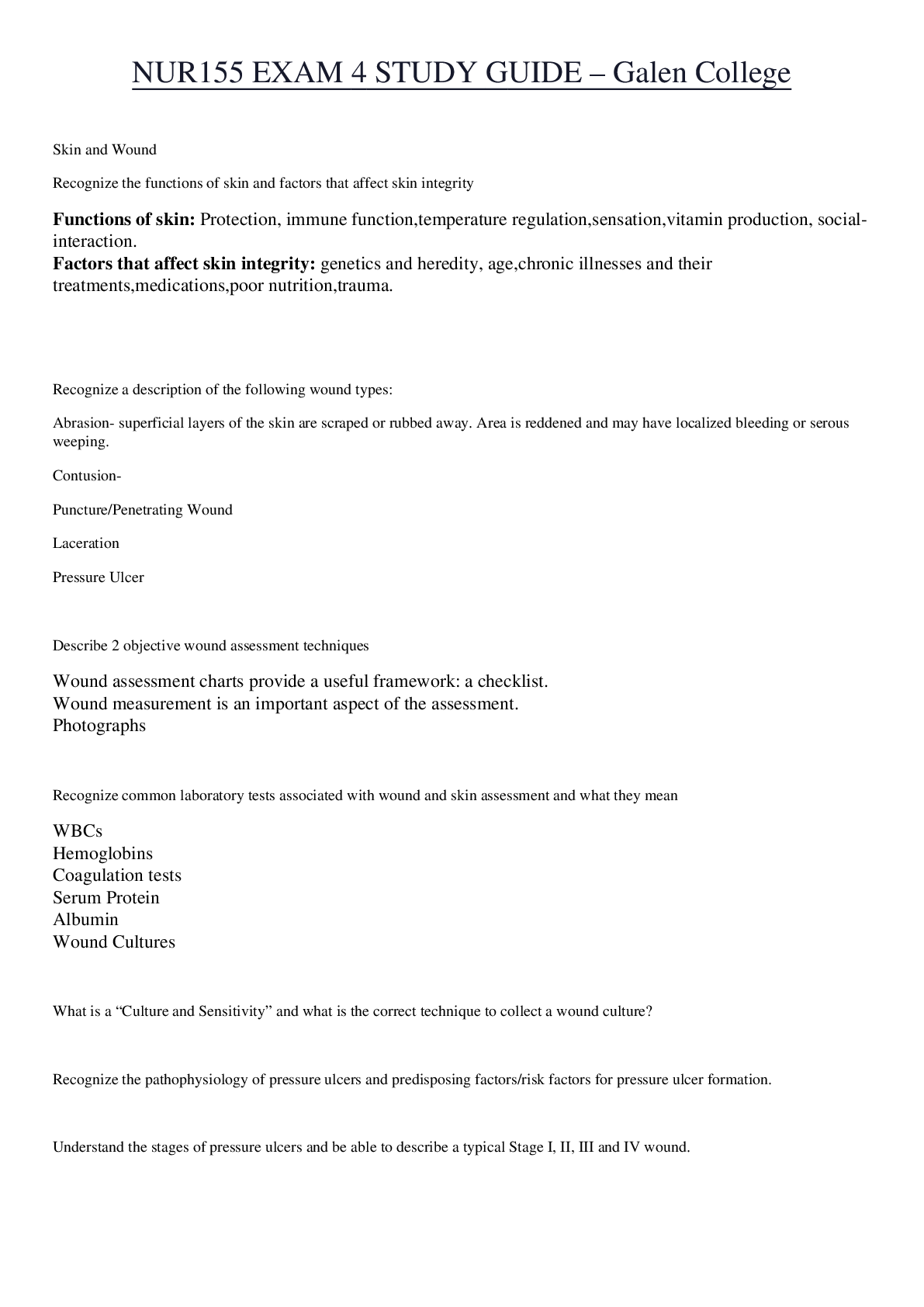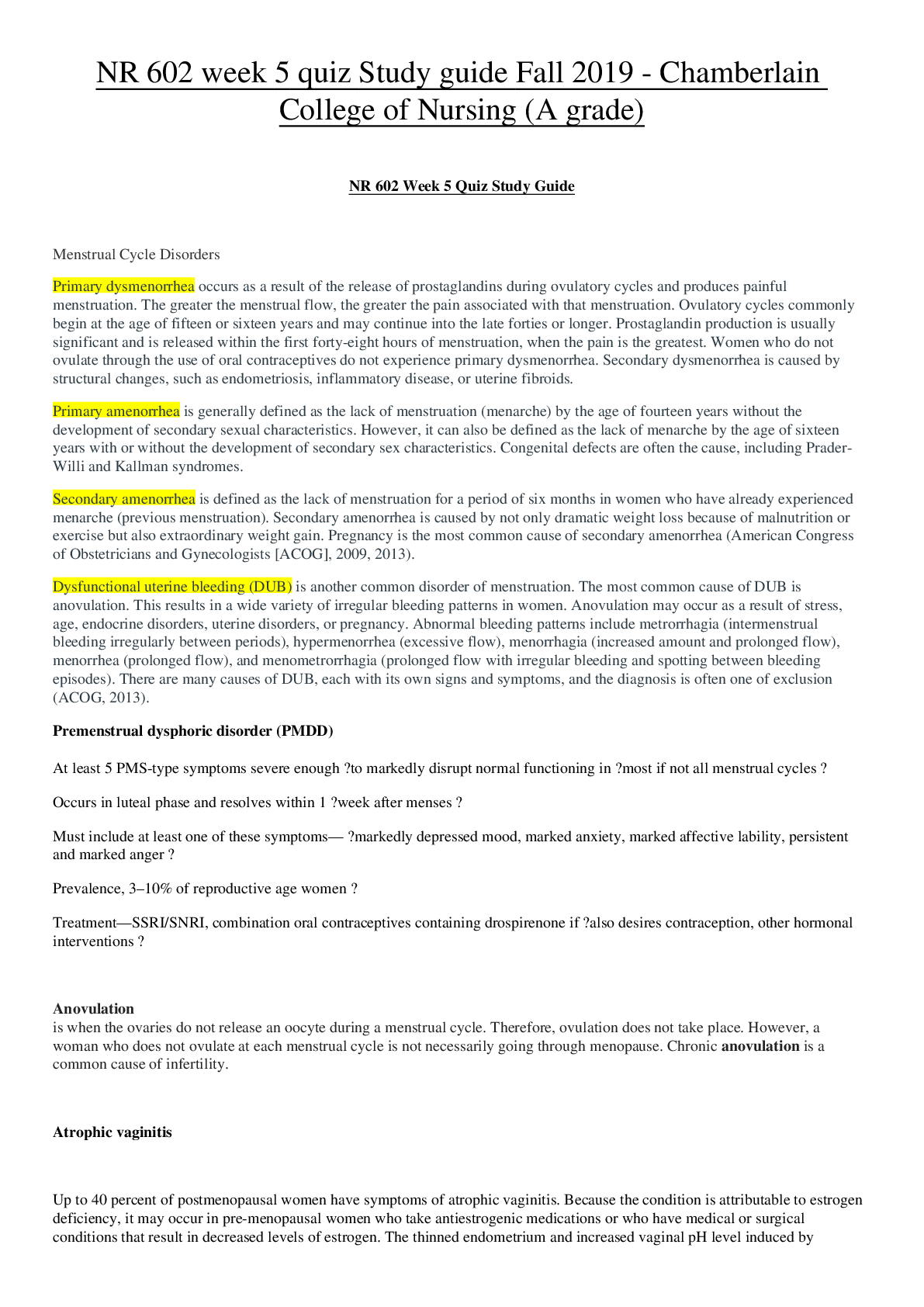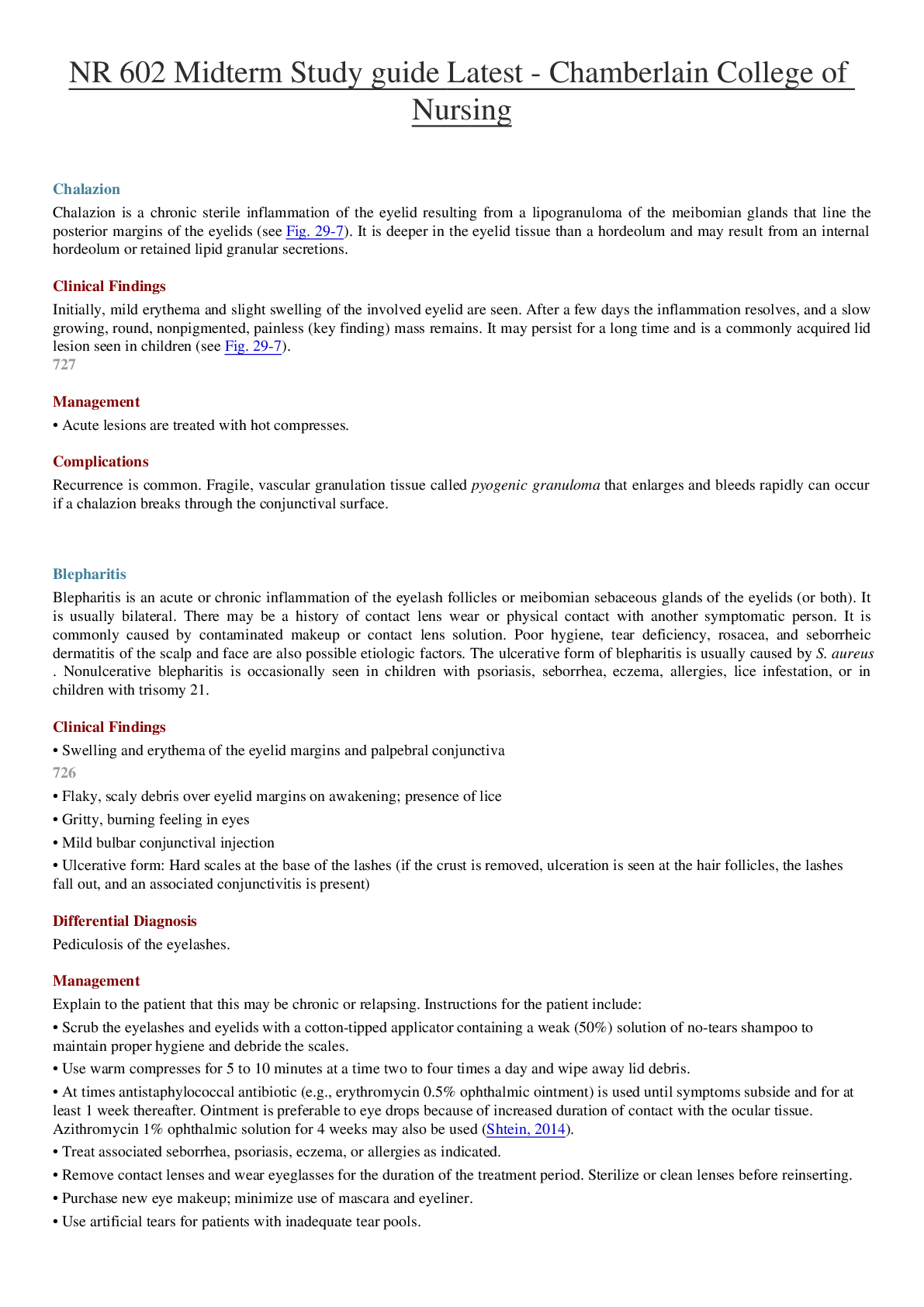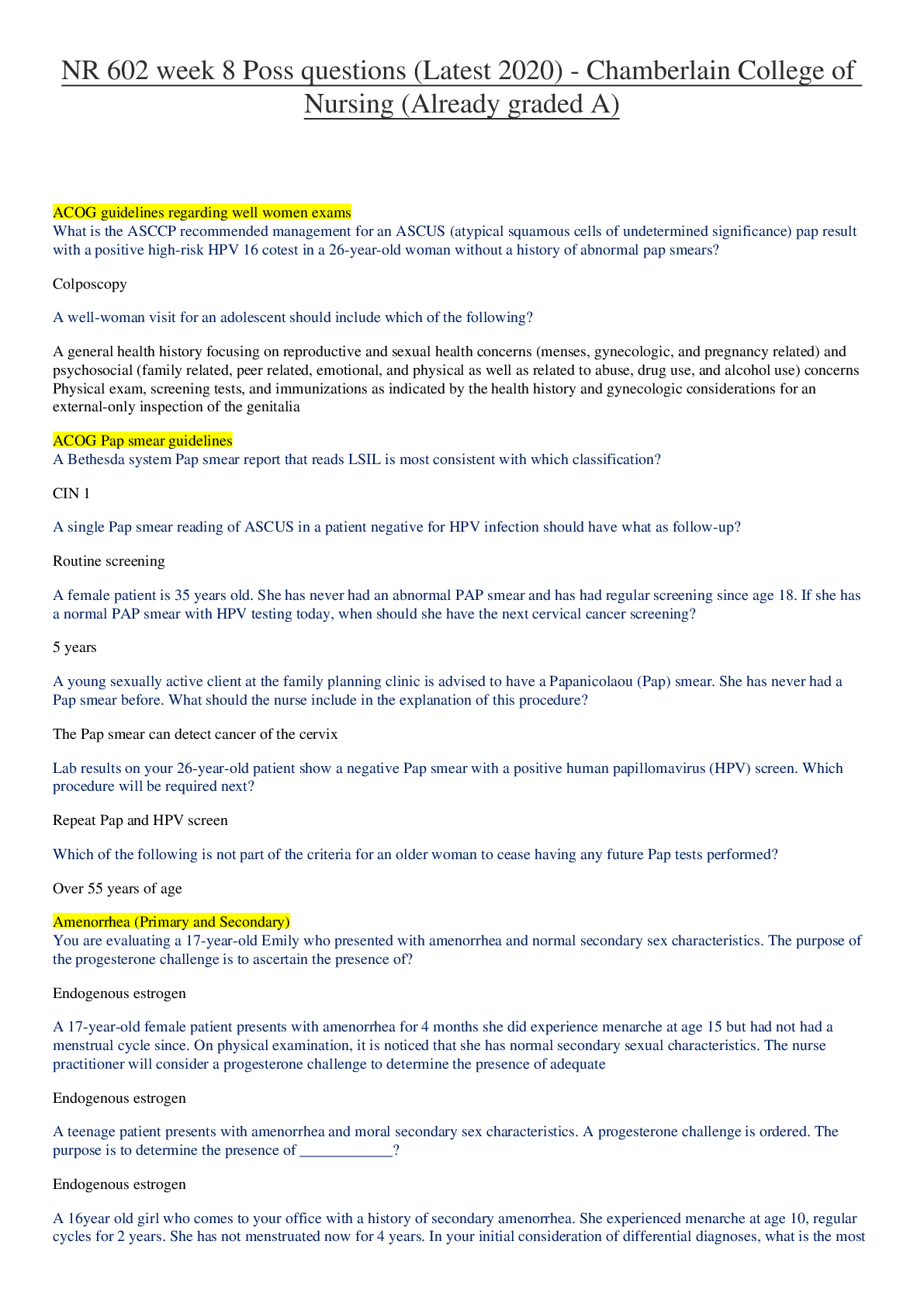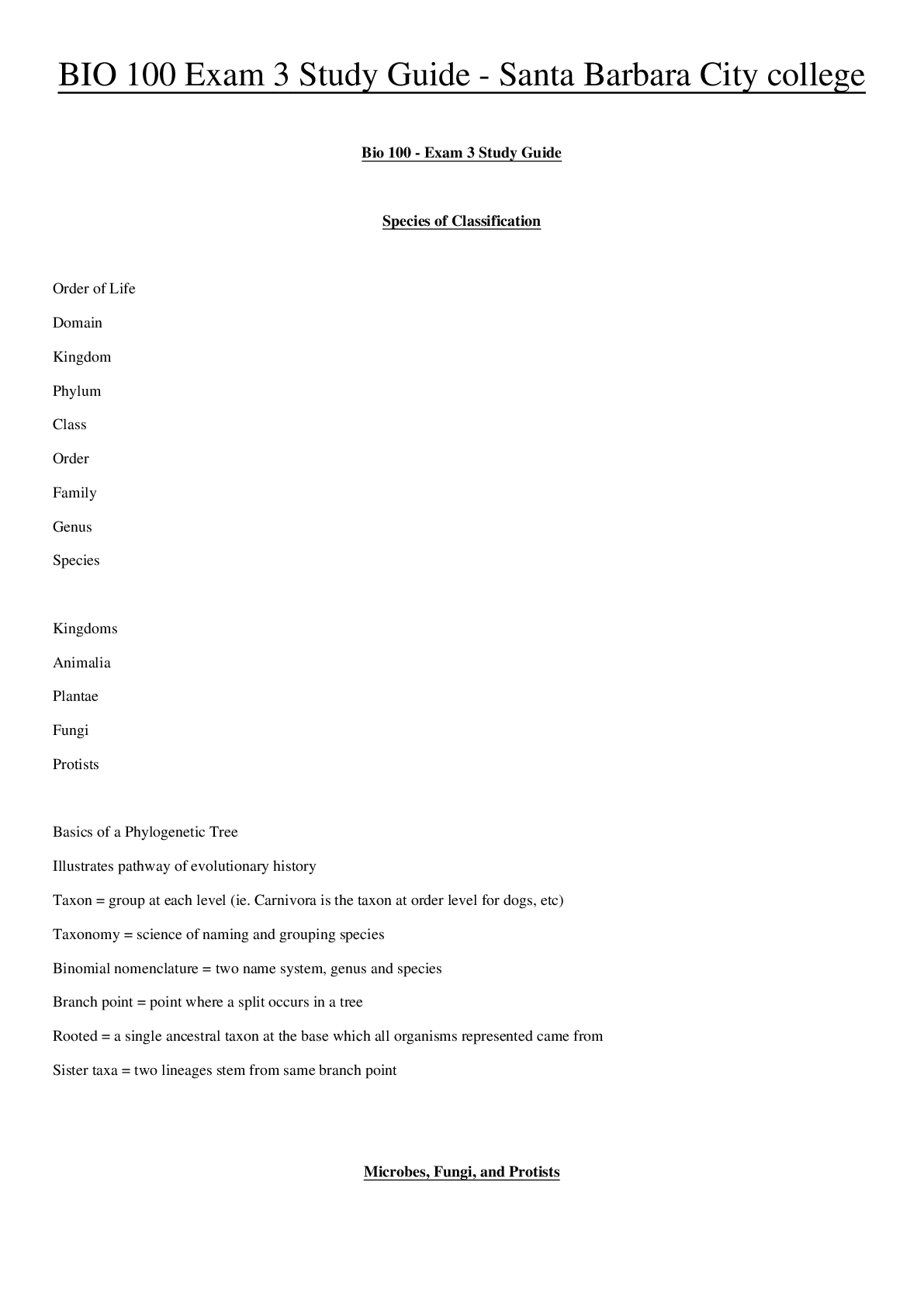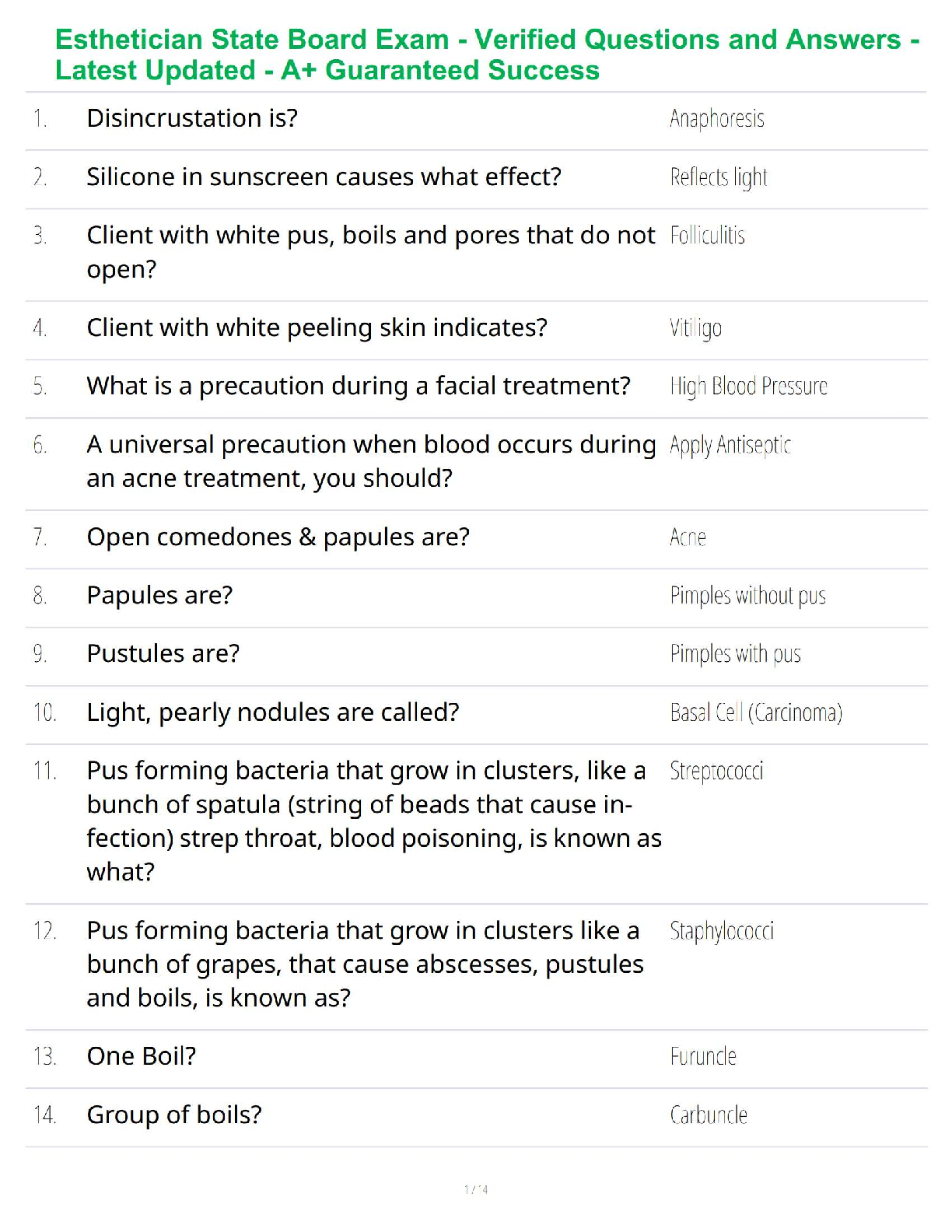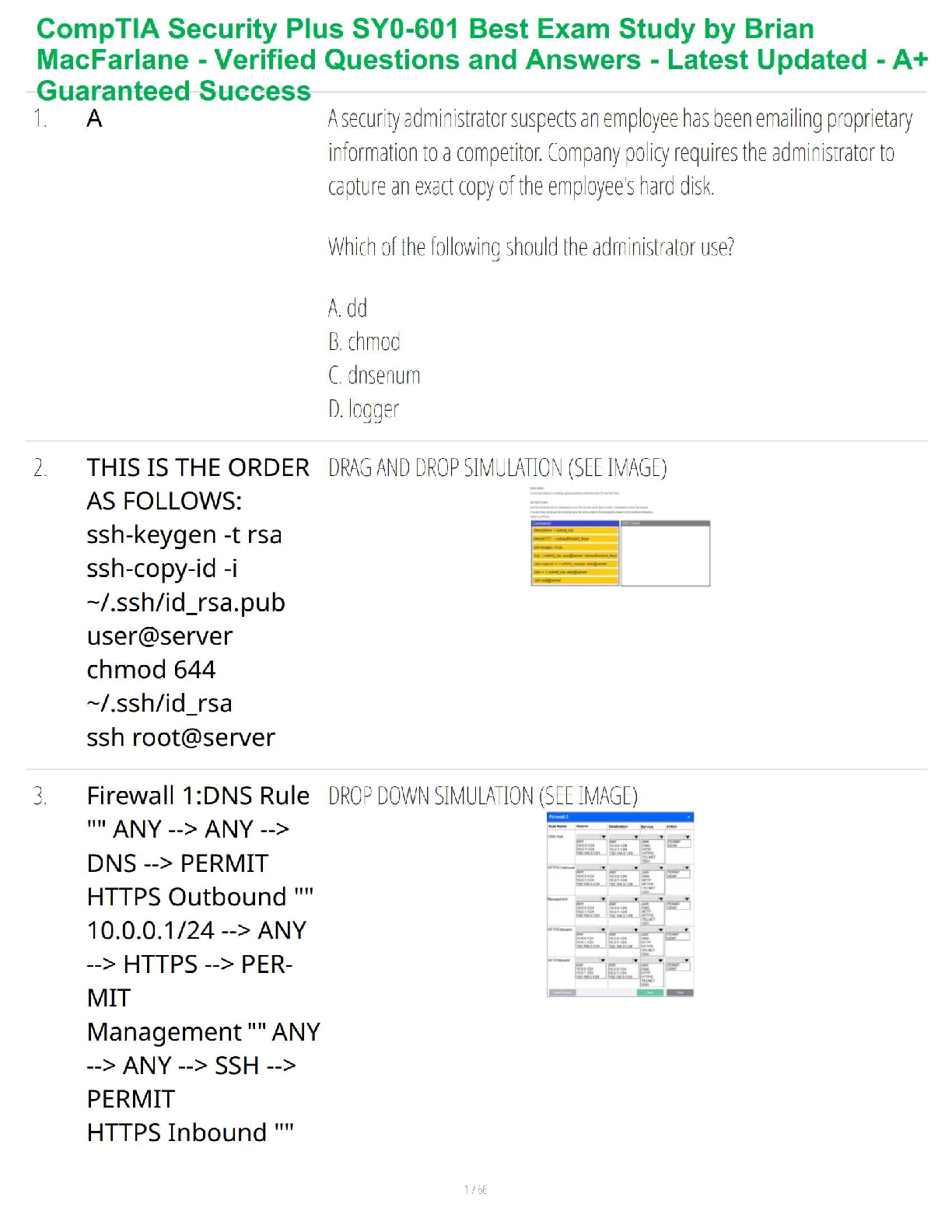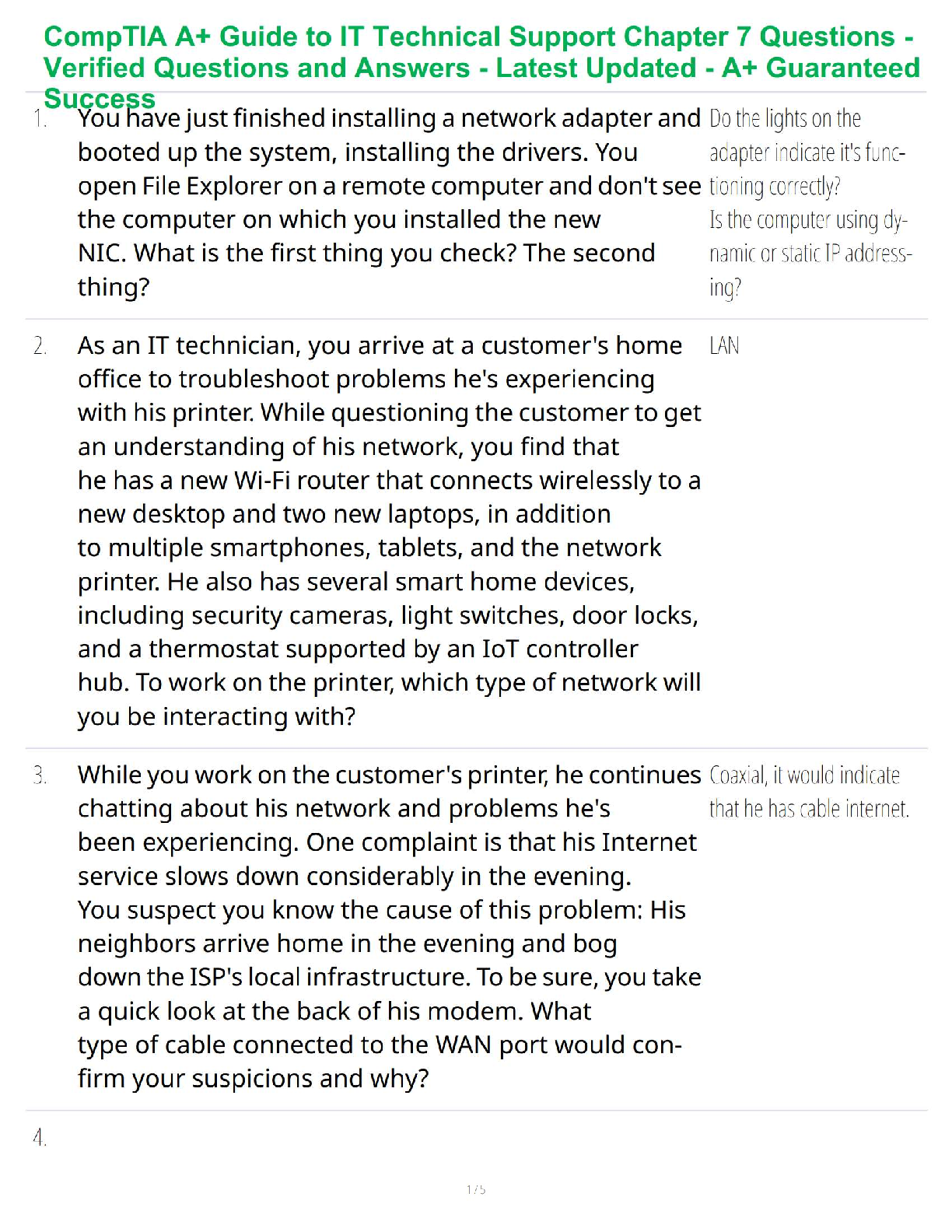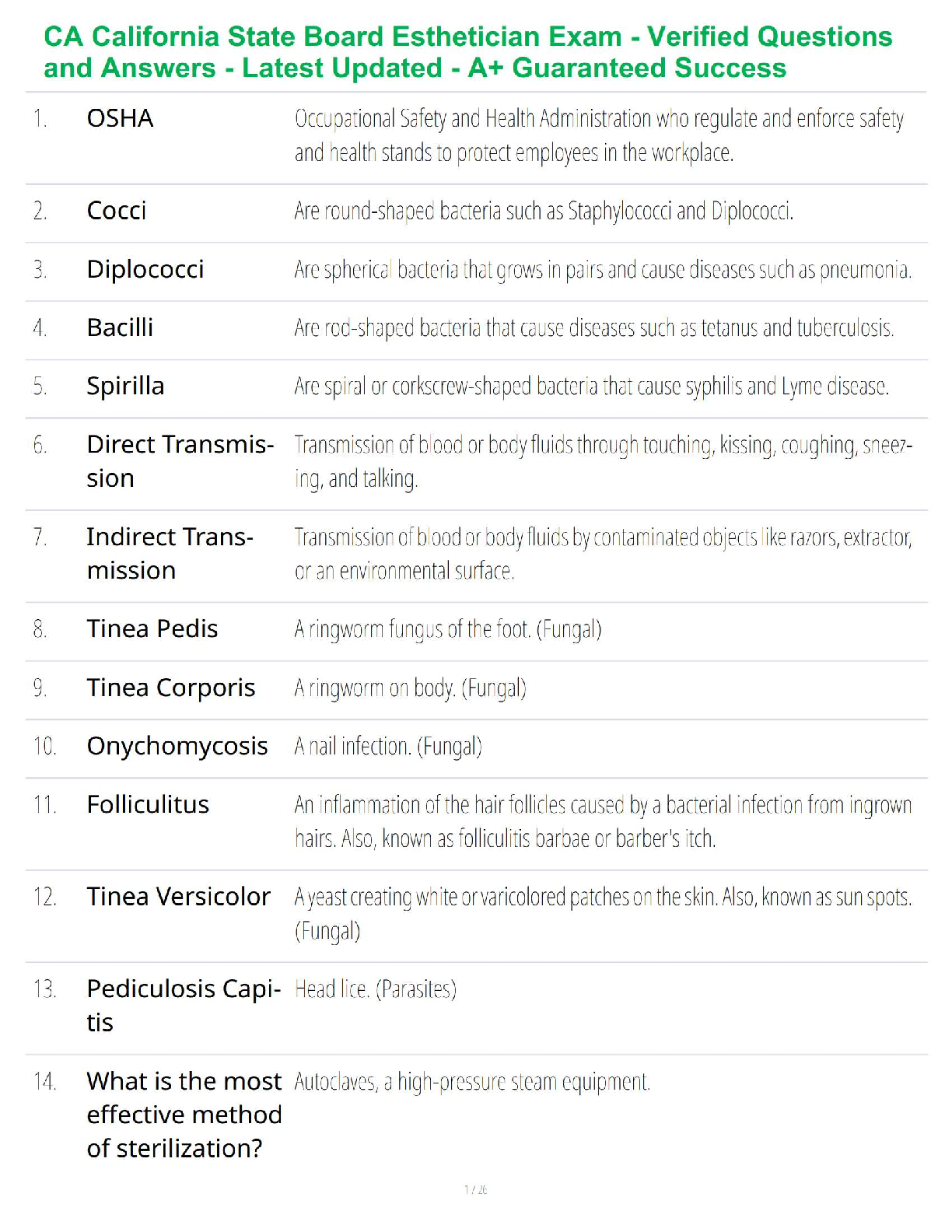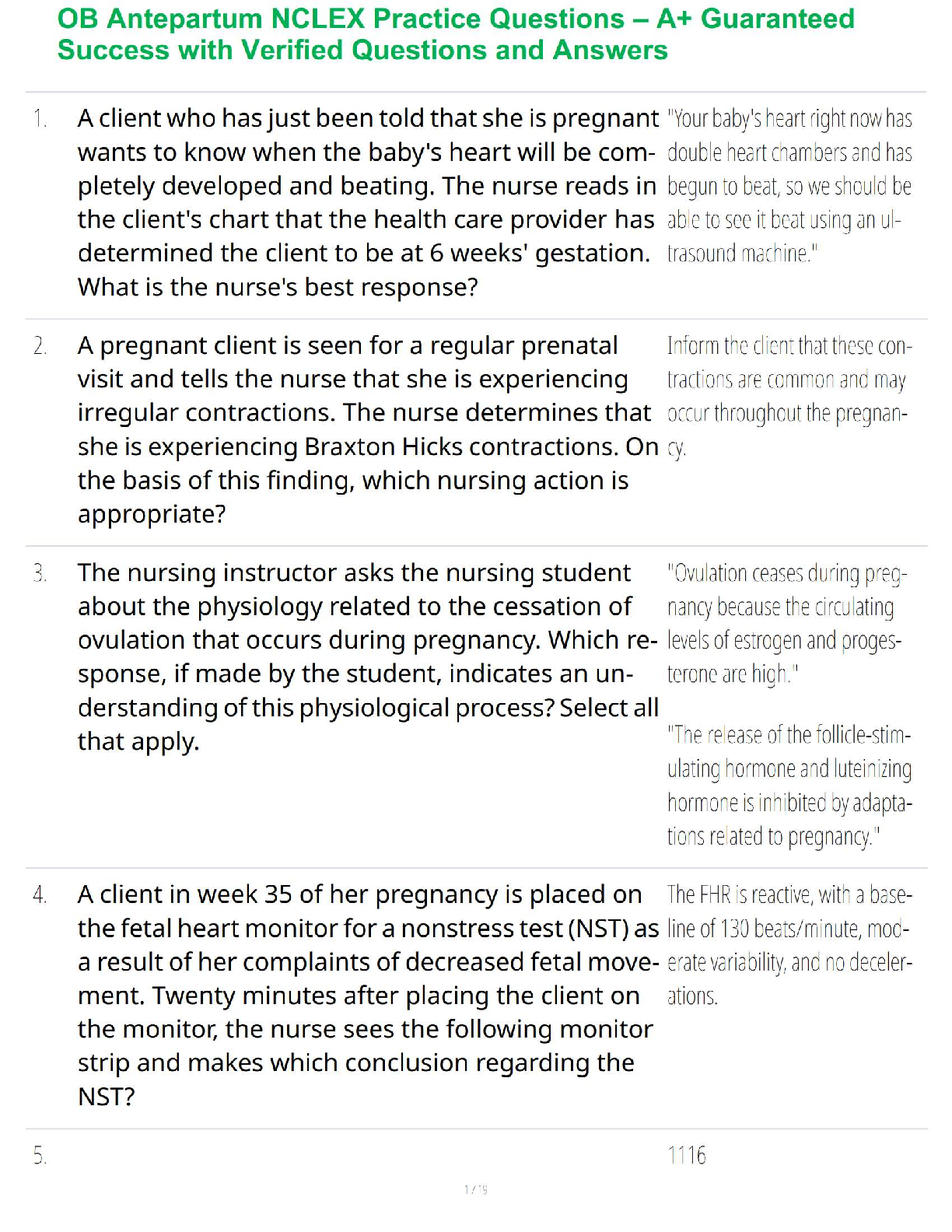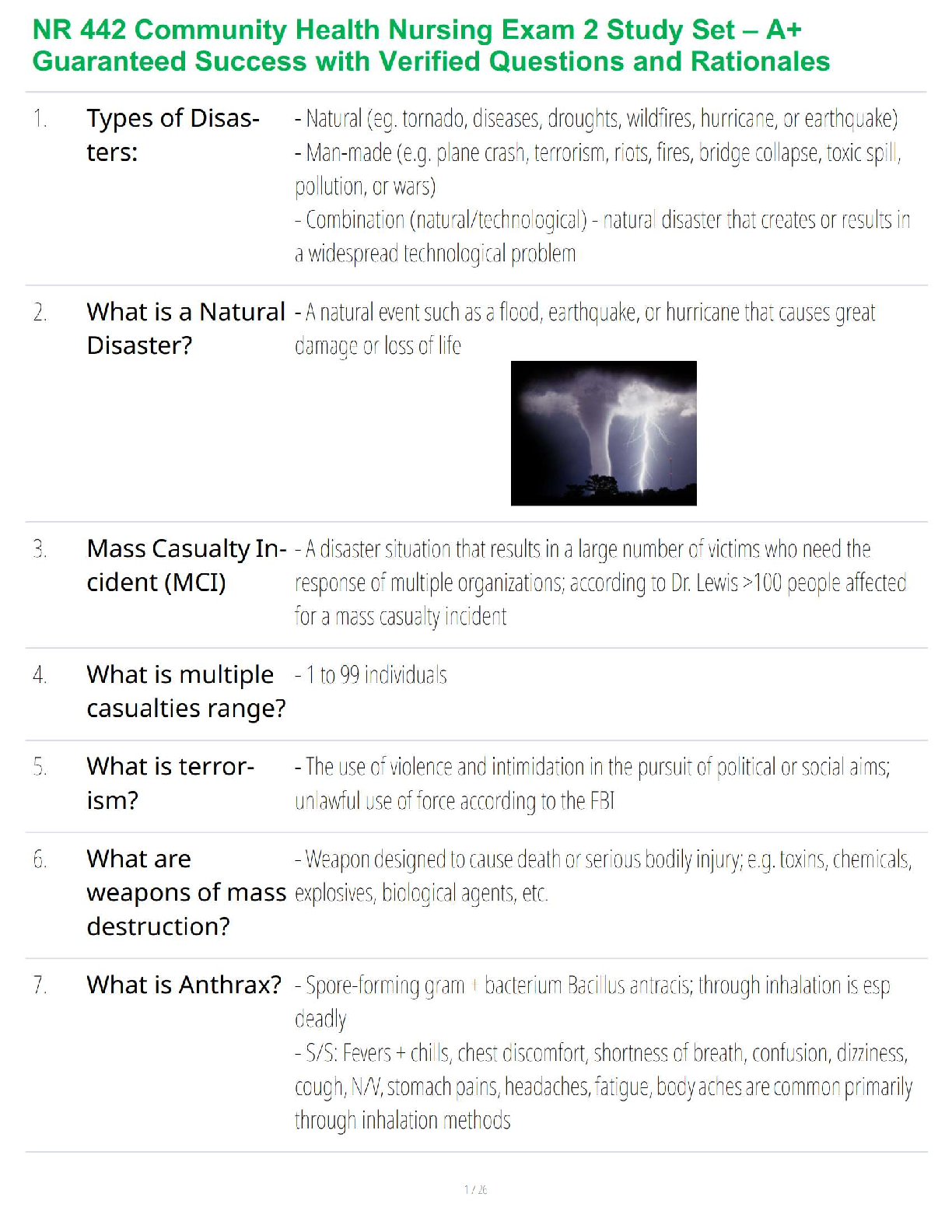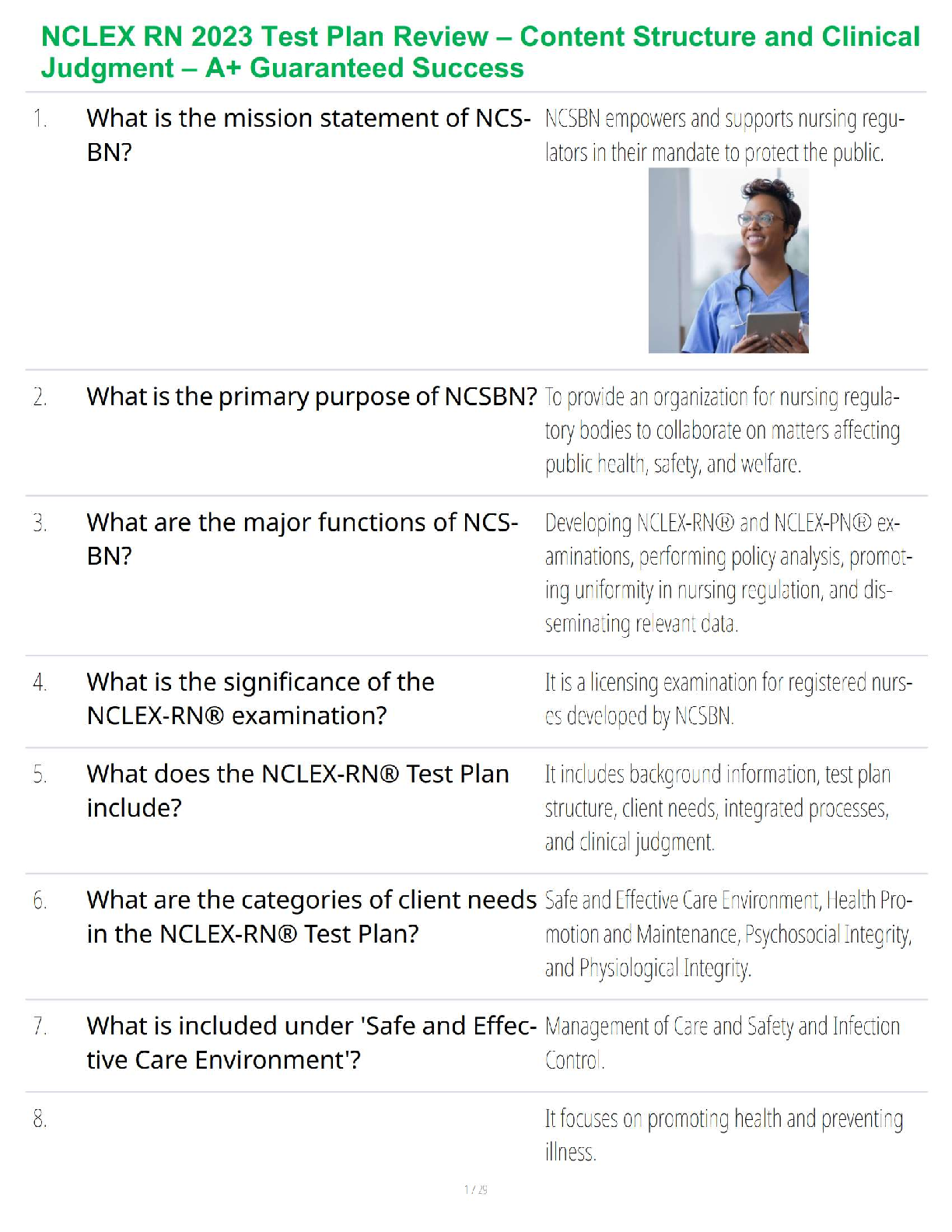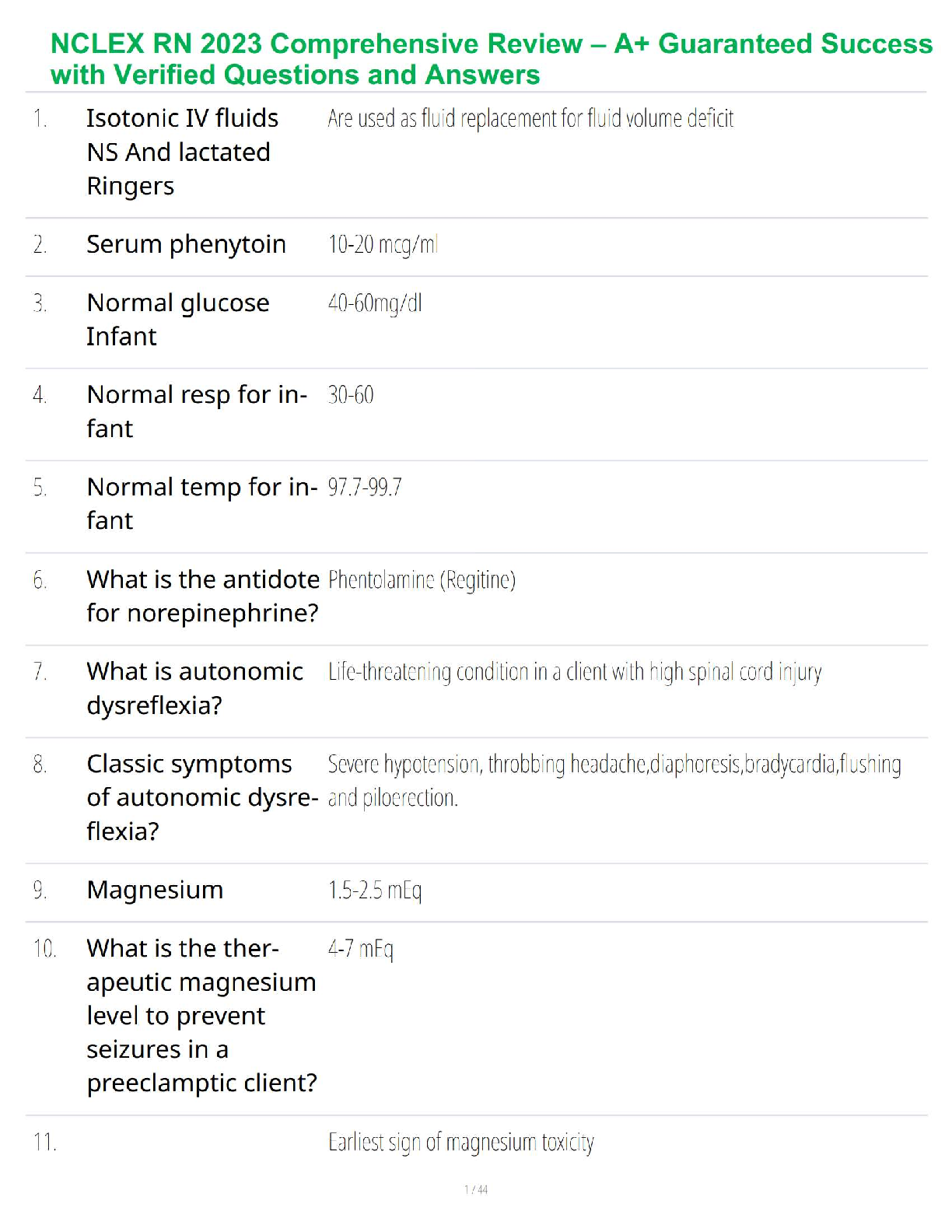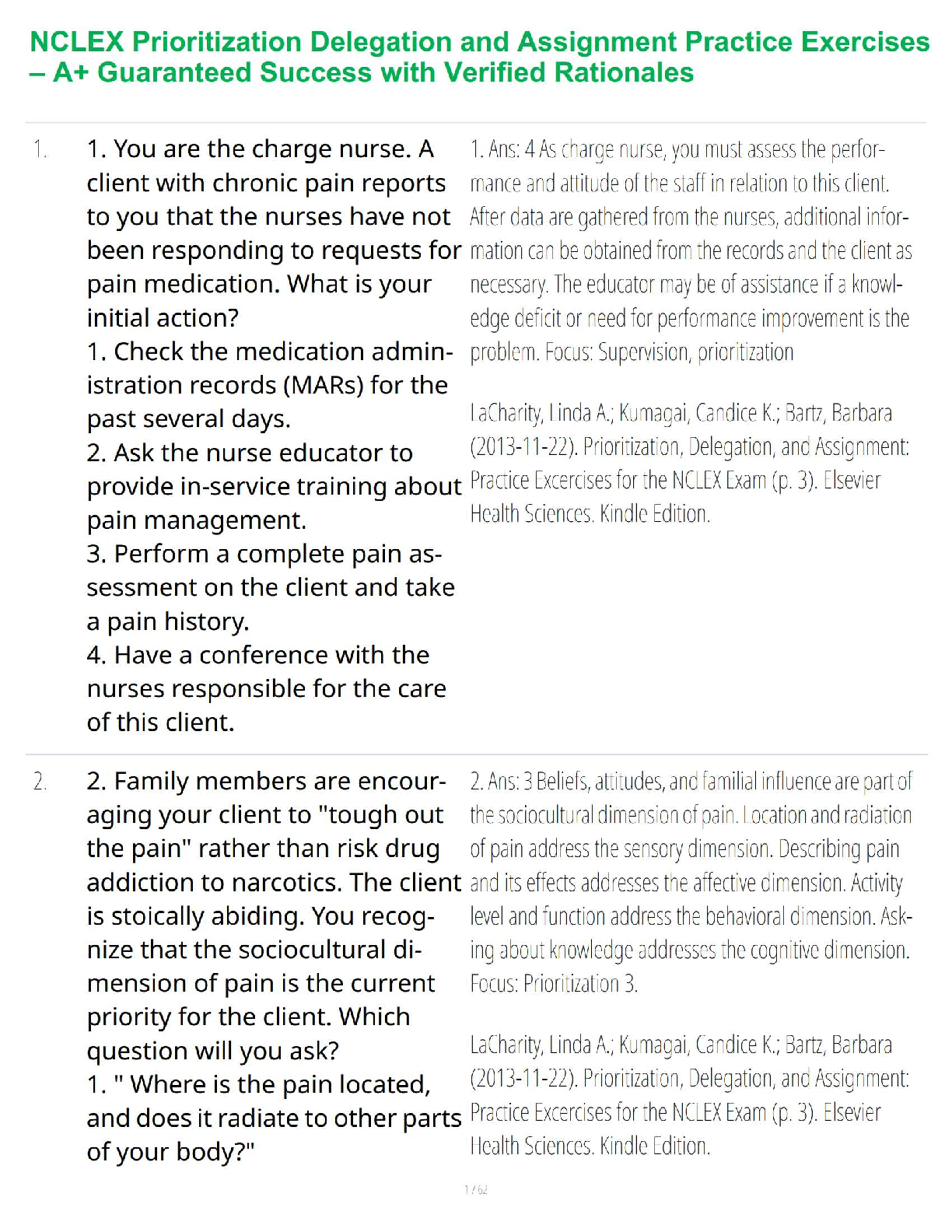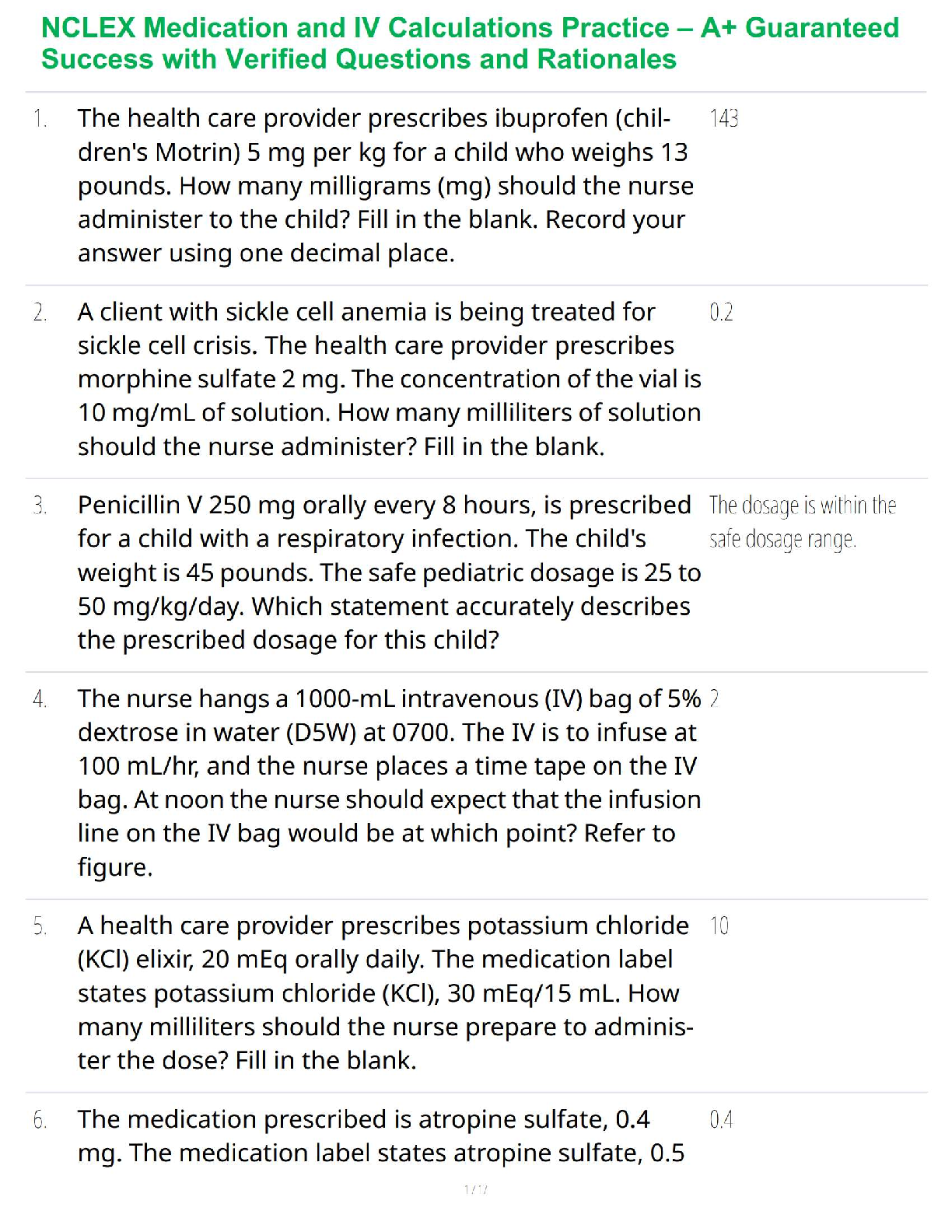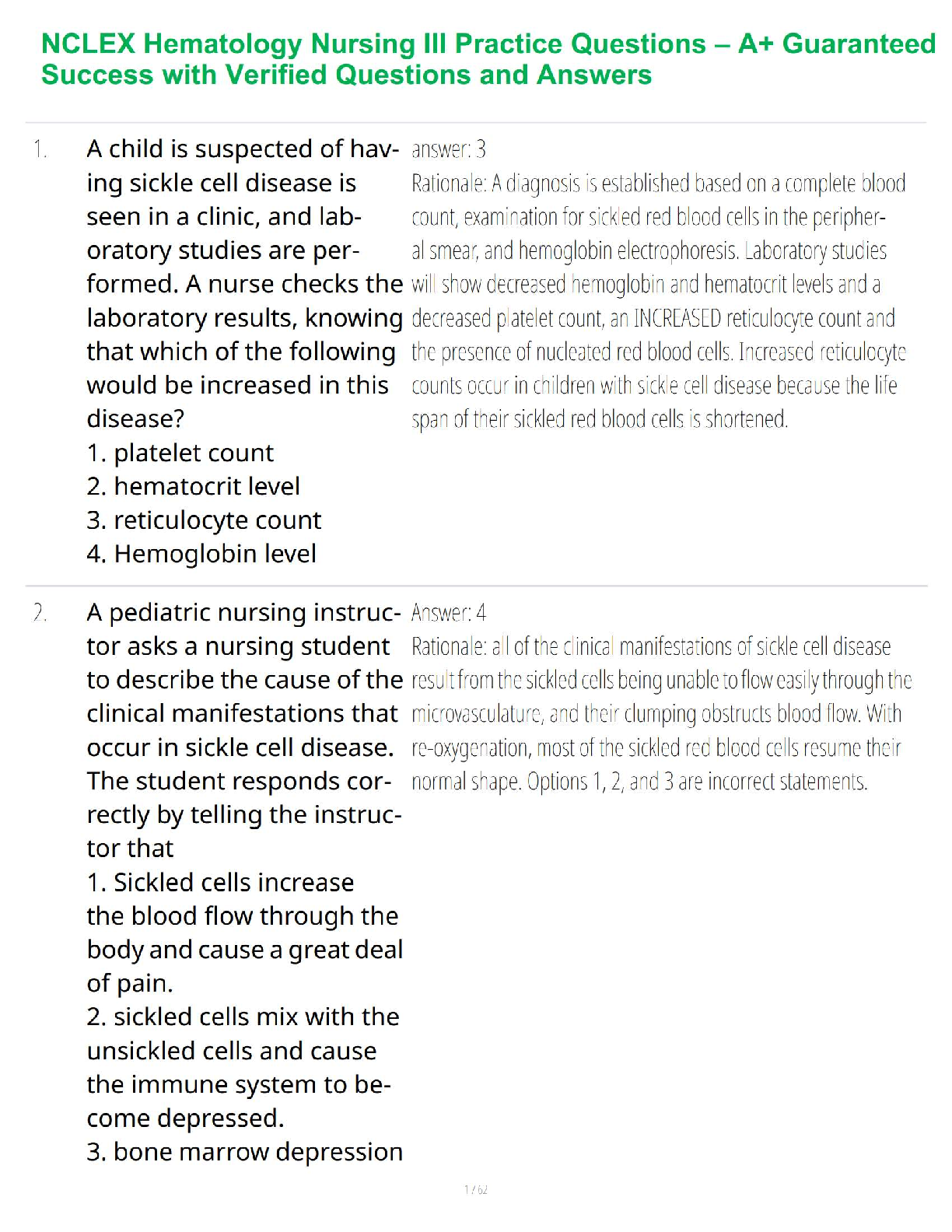NUR155 EXAM 4 STUDY GUIDE – Galen College
1. Skin and Wound
a. Recognize the functions of skin and factors that affect skin integrity
Functions of skin: Protection, immune function,temperature regulation,sensation,
...
NUR155 EXAM 4 STUDY GUIDE – Galen College
1. Skin and Wound
a. Recognize the functions of skin and factors that affect skin integrity
Functions of skin: Protection, immune function,temperature regulation,sensation,vitamin production, social-interaction.
Factors that affect skin integrity: genetics and heredity, age,chronic illnesses and their treatments,medications,poor nutrition,trauma.
b. Recognize a description of the following wound types:
i. Abrasion- superficial layers of the skin are scraped or rubbed away. Area is reddened and may have localized bleeding or serous weeping.
ii. Contusion-
iii. Puncture/Penetrating Wound
iv. Laceration
v. Pressure Ulcer
c. Describe 2 objective wound assessment techniques
Wound assessment charts provide a useful framework: a checklist.
Wound measurement is an important aspect of the assessment.
Photographs
d. Recognize common laboratory tests associated with wound and skin assessment and what they mean
WBCs
Hemoglobins
Coagulation tests
Serum Protein
Albumin
Wound Cultures
e. What is a “Culture and Sensitivity” and what is the correct technique to collect a wound culture?
f. Recognize the pathophysiology of pressure ulcers and predisposing factors/risk factors for pressure ulcer formation.
g. Understand the stages of pressure ulcers and be able to describe a typical Stage I, II, III and IV wound.
h. List 10 important characteristics of a pressure ulcer that need to be assessed and documented
i. Discuss how pressure ulcer screening tools can help promote patient safety and prevent skin complications in the hospitalized and long term care client
j. Why are the elderly at increased risk for skin injuries and pressure ulcers?
k. In addition to advanced age, recognize and describe 6 additional contributing factors to pressure ulcer risk
l. Identify independent and collaborative nursing interventions for treating pressure ulcers.
m. Recognize why debridement is important and describe 4 ways a wound can be debrided.
n. Distinguish between arterial, venous and diabetic ulcers in terms of cause and assessment.
o. Distinguish between Primary Intention, Secondary Intention and Tertiary Intention wound healing
p. Correctly use the terms serous, sanguinous, purulent, serosanguinous in the description of wound drainage (exudates)
q. Discuss factors that can affect/impair wound healing
r. Describe how dressings facilitate wound healing
s. Recognize the purpose of, and nursing responsibilities related to, wound drains such as Jackson-Pratt and Penrose drains
t. List 4 wound healing complications
u. Recognize Nursing Diagnoses that can apply to wound prevention/healing/complications
v. Demonstrate an understanding of the principles and techniques related to the use of ice and heat.
2. Fecal and Urinary Elimination
a. Review the basic physiology of fecal and urinary elimination
b. Recognize common factors affecting the frequency, regularity, and characteristics of urine and feces
c. Recognize the importance of color changes to feces—red, black, green, greyish
d. Recognize common contributing factors for constipation, and the consequence of unrelieved constipation.
e. Recognize common contributing factors for diarrhea, and the consequence for fluid and electrolyte balance if diarrhea is unrelieved.
f. Discuss additional alterations in fecal elimination, including hemorrhoids and incontinence
g. Recognize Nursing Diagnoses used with relation to fecal elimination
h. List several independent and collaborative nursing interventions for restoring/facilitating healthy bowel habits and elimination patterns.
i. Recognize the rationale for, and types of, enemas
[Show More]
